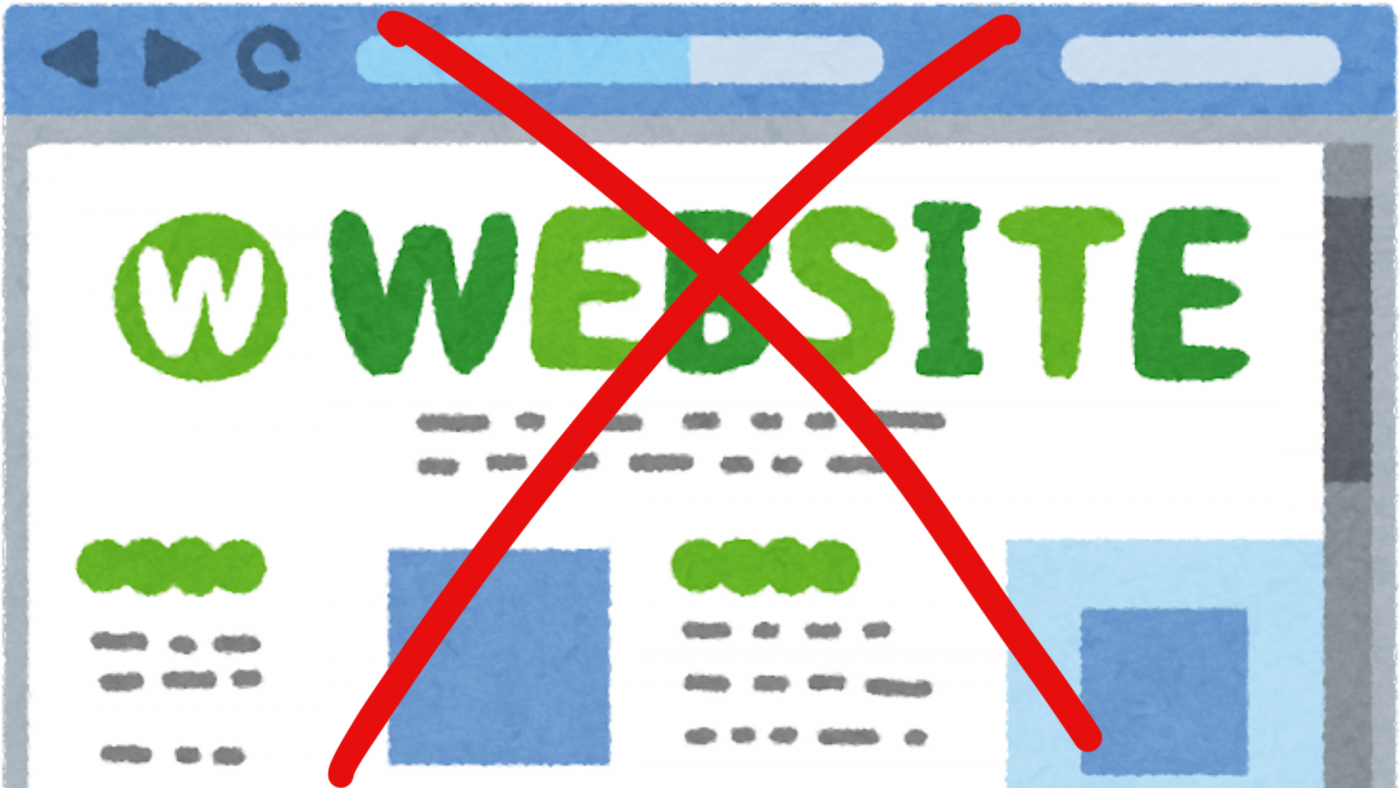Get rid of the thought that ‘Affiliate marketing always requires a website.’ There are many ways to do affiliate marketing without worrying about learning how to build a website. Don’t believe it? Then read through this article researched by DigitalTech.

You don’t have a website yet but you want to become an affiliate marketer.
Good news: You don;t have to have one all the time.
Affiliate marketing has been a popular way for marketers to make extra money for a long time. It’s good for everyone, and employees can choose to get paid based on how well they do their job. This has helped the business grow much faster in recent years. However, a lot of people are still scared to take that first step because they think it will take too long and come with too many rules. Most people think that you need a separate website, which is the main reason for this.
1. What does affiliate marketing mean?

When a business works with a content provider (called a “affiliate” or “affiliate marketer”), the business pays the affiliate a commission on any sales that the affiliate brings in. A company with an affiliate program will usually use unique coupon codes or affiliate links to track sales that come from a partner’s marketing efforts. The affiliate could put the link on their personal blog or share it on social media. If someone clicks on that link and buys something, the company will pay the affiliate a commission.
2. Is it possible to do affiliate marketing without a website?
Affiliate marketing can be done without a website. all you need is a stage, which could be a social media site or the people at your local knitting club.
Affiliate marketers who are successful usually know a lot about a certain niche, like crochet arts, alpine ski racing, or having goats in cities. An affiliate website or blogs is one way for affiliate marketers to become experts in a niche, but it’s not be only way. You can start an affiliate marketing business and make money by telling your network about goods and services. You can use anu tool, organization, or medium that helps you connect with other people.
3. How to use affiliate marketing even if you don’t have a website
Affiliate marketing sites are useful, but they’re not the only way to market, whether you’re online or in real life. If you don’t want to make a website first, here are seven ways to start affiliate marketing.
1. Grow your social network
A lot of affiliate marketers use social media sites like Instagram, TikTok, Facebook, Youtube, and Pinterest. There are many ways to use social material to get more followers and become an expert in a certain niche.

For instance, if you’re an expert in gardening, you could post daily gardening tips and garden ideas to get people who are also interested in gardening to follow you and help you build trust with your audience. You can also write posts about specific goods or use a link-in-bio took like LinkPop to put several affiliate links on your Instagram, Youtube, or other social media pages.
2. Start an email newsletter
You can give your target audience something of value through an email newsletter, earn their trust, and show that you are an expert in your affiliate field. Your email magazine can become a source of affiliate marketing traffic if you include coupon codes or links to other sites.

When compared to posting on social media sites, email marketing give you more freedom. You could, for example, write holiday gift guide with affiliate links to 10 different products or send out a long email raving about the great things about one specific spatula. It all depends on how you relate to your readers and affiliate partners and how you can best help each.
3. Write guest posts for blogs
There’s a reason why blogging is a popular way to use affiliate marketing.
Blogging is a popular affiliate marketing strategy for a reason. Like email marketing, blogging gives you the flexibility and space to say whatever you want about a particular product, and you can choose the format that makes the most sense for your particular communication style. The drawback of email marketing is that you need to have somebody’s email address before you can get in touch with them. Blogs don’t have that problem, so they can help you reach new potential customers.

If you don’t have your own blog, you can still take advantage of the benefits of blogging by guest posting—posting on somebody else’s blog. Typically, guest posting involves creating content for free and allowing a blog owner to post it in exchange for a backlink to your site—or, in this case, in exchange for allowing you to promote your affiliate link (or links) in the content.
Look for sites with high traffic and a target audience in your affiliate marketing niche. To find blogs that accept guest posts, you can reach out to specific sites or blogs and inquire about their guest posting policies. You can see where other influencers in your niche publish content. If one of your competitors has a byline on a site they aren’t formally affiliated with, there’s a good chance that the site accepts guest posts from affiliate marketers.
4. Post to forum
People get together in online groups to talk about things that interest them. Similar to social media sites, but their content is more conversational and they care less about who their users are and their image. A lot of big online groups don’t let you post your affiliate links, but most smaller forums aren’t as strict. For instance, crochettalk.com doesn’t say that you can’t share promo codes or partner links in your posts.

You can meet with people who might be interested in a product or service you’re selling on online forums as long as you follow the site’s rules. Online groups can be a good place to find people who are interested in the products you offer because many of them are already set up around specific topics. A lot of people also ask questions on forums, like “How can I keep the leaves on my lemon tree from turning yellow?” or “Where can I find waterproof equestrian boots?” This makes them a good place to find people who are already looking for a product you can suggest.
5. Start a podcast

Setting up a podcast is a form of content marketing that can help affiliate marketers, just like starting an email list or getting more active on social media: You make and share fun, educational, or useful content to gain the trust of your target audience and grow your following. You make money from your following by including affiliate links in the episode notes or your podcast bio. You can also read a coupon code on your show and tell people to use it to make a purchase. This way, your affiliate partners can see that a sale happened through your site even if the customer didn’t click on a link.
6. Spend money on ads
As strange as it may sound, you can pay for Google Ads for affiliate marketing activities like writing a blog post or social media post about a product are basically a form of advertising. Pay-per-click (PPC) ads are the most common type of ad for thiss approach.

When someone hits on an ad, you only have to pay for PPC marketing. You pay for ads to promote your affiliate partner’s products, paying the ad network for clicks. You might lose money since affiliate programs usually pay only for sales. Ensure you can target potential buyers before investing in ad space.
7. Host an event

Hosting a local event helps you meet new people and share discount codes. For example, as an affiliate marketer skilled in candle making, you could hold a free class at a community center and distribute discount codes for candle-making supplies. If you already have a lot of online followers, you could also host a webinar or other online event.
4. Affiliate marketing tips for people who don’t have a website
1. Choose the right niche
To be successful at affiliate marketing, you need to build trust with a specific audience. Picking the right niche is essential for doing this and making money from it. Think about your skills, interests, present networks, and qualifications.
As an example, if you love decorating cupcakes, you might want to work with companies that sell baking supplies. Because of your skills, you’ll have an easier time building an audience, which you can then use to promote the goods of your affiliate partner.
2. Set up a marketing plan
You can reach new customers, get them more involved, and get more sales by giving away products or running other promotions on your social media accounts. You can use your offer as an incentive to do things like share or like your post, which can help you get more people to see it (and your affiliate marketing links).
5. Why do most affiliate marketers use websites?
These days, e-commerce and blog sites can make starting an affiliate business website simple and cheap. There are a lot of affiliate marketers who use websites to reach people and start getting money online.

